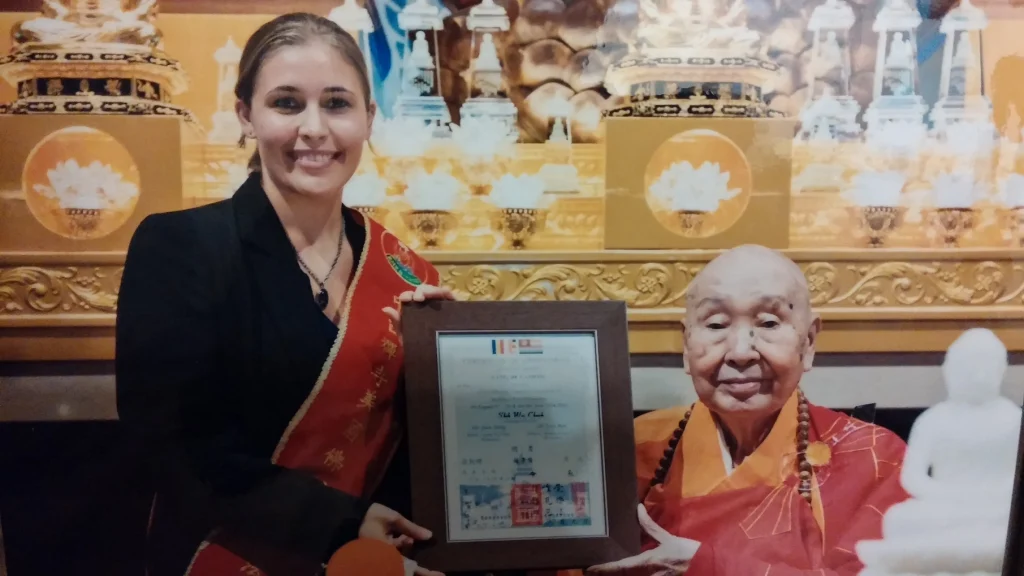Living in the Moment: Stoicism and Buddhism for a Fulfilling Life

Stoicism and Buddhism are two ancient philosophical traditions that have a lot in common, and both offer valuable insights and practices that can be applied to our daily lives. This article will explore how these philosophies can help us live more fulfilling and meaningful life.
Stoicism is a philosophy that originated in ancient Greece and was founded by the philosopher Zeno of Citium. It emphasizes the importance of living in accordance with reason and virtue and teaches that we should focus on what we can control and let go of what we cannot control.
One of the key principles of stoicism is the idea of “ataraxia,” a state of peace and freedom from disturbance. According to the Stoics, this can be achieved by living according to reason and virtue and cultivating a detachment from external events and circumstances.
One way to apply this principle to our daily lives is by practicing mindfulness and being present in the moment. This means paying attention to our thoughts, feelings, and surroundings and accepting them as they are rather than getting caught up in judgments or trying to change them.
Another way to apply stoicism to our daily lives is by focusing on what we can control and letting go of what we cannot control. This means accepting that some things are simply out of our control, and rather than stressing or worrying about them, we should focus on what we can do to improve our lives and those around us.
Like stoicism, Buddhism emphasizes the importance of living in the present moment and finding peace and happiness within ourselves. It teaches that suffering arises from our attachment to desires and inability to accept life’s impermanence.

One of the key practices in Buddhism is mindfulness meditation, which involves focusing on the present moment and letting go of distractions and thoughts about the past or future. This practice can help us cultivate a sense of calm and clarity and can also help us develop a greater understanding of ourselves and the world around us.
Another practice in Buddhism is cultivating compassion and loving-kindness towards ourselves and others. This involves actively seeking to understand and alleviate the suffering of others and developing feelings of kindness, understanding, and forgiveness toward ourselves and others.
In conclusion, both stoicism and Buddhism offer valuable insights and practices that can help us live a more fulfilling and meaningful life. By focusing on the present moment, cultivating mindfulness and compassion, and accepting what we cannot control, we can find a sense of peace and happiness in our daily lives. So, these principles can be constructive in our everyday life.
Keep shining!

